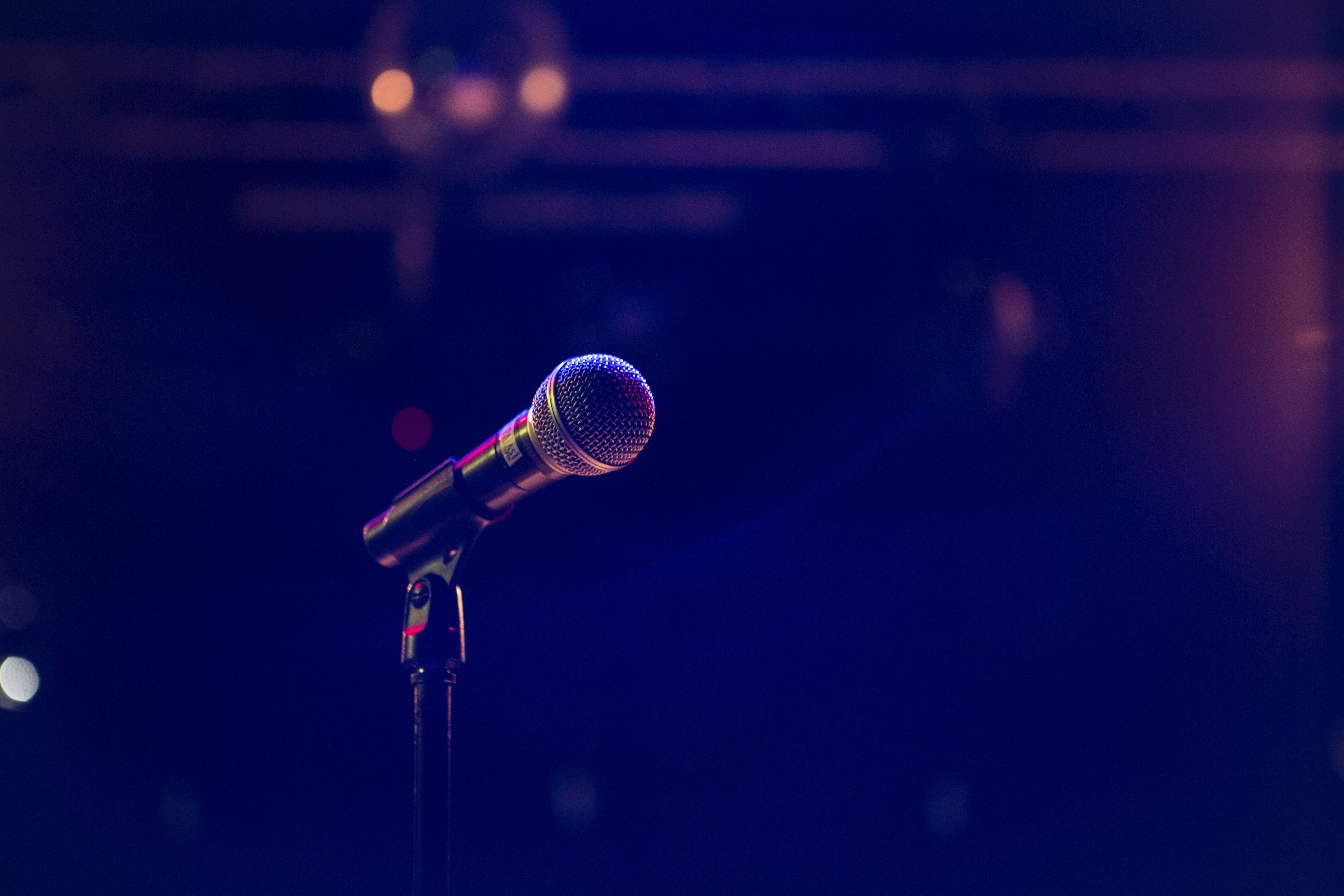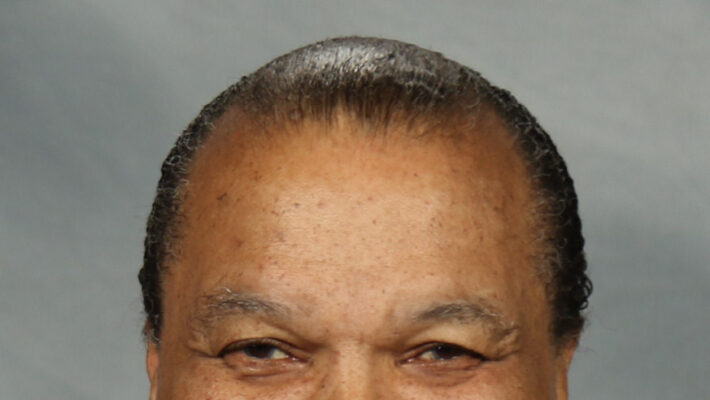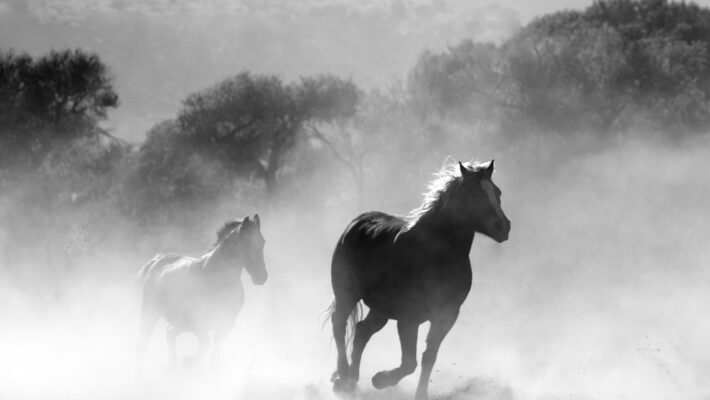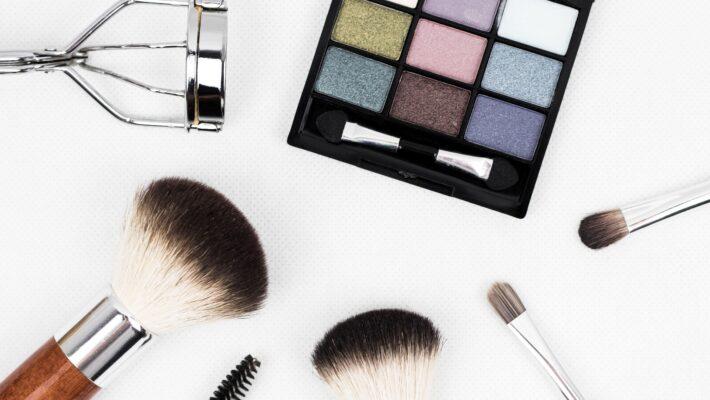Dave Chappelle’s one hour special Sticks & Stones hit Netflix a couple days ago, and the comedian used his platform and celebrity to do the good work of… *checks notes* directing hate at the trans community. Again.
Okaaay.
Chappelle says trans people “hate my f—ing guts and I don’t blame them,” referring to his previous stand up routines where he, a cis man, has made trans people the target of his contempt. He added that he “can’t stop writing jokes” about trans people, something he might want to take under reflective contemplation. You don’t have to subject yourself to the awful Netflix special. But it is worth talking about.
A Rich, Famous Cis Guy Taking Cheap Shots at Trans People
The key moments are when Chappelle says he “feels bad” for trans people, that they are “so confusing.” He makes an uninspired joke about how great Lebron James would do if he transitioned to the WNBA. He calls body dysmorphia “a f—ing hilarious predicament”, and follows it up with a racist impersonation of a Chinese person trapped in a Black body, as if that were the same thing.
For all his righteous indignation about racism, Chappelle conclusively demonstrates his ignorance about how privilege and marginalization work in intersecting layers. He also displays a disturbing readiness to execute lateral and downward violence against other oppressed minorities.
Chappelle considers trans issues the fey and petty complaints of well-off white people, ignoring the reality that 75 of the 102 trans people killed in the United States in 2017 were Black, and that Black activists like Marsha P. Johnson at the Stonewall uprising have made it possible for trans white celebrities like Caitlyn Jenner to receive the public embrace.
Chappelle’s just not very interesting these days, nor is his tired, ignorant schtick of ‘irreverent’ shock humor. But his habit of punching down at people who are marginalized in ways he’s not teaches us a lot about violent language and its relationship to humor.
How and How Not to Joke About Marginalized People
Chappelle can joke about these things from the comfort of his stage because his life and livelihood aren’t at risk. It’s not funny for trans people who have to live each day navigating a world where they could get harassed in the street, lose a job, be attacked, or even be killed just for being trans.
Chappelle fans may say LGBTQ people have no sense of humor, but if so they haven’t seen LGBTQ and gender nonconforming comedians like Hannah Gadsby, whose masterpiece Nannette is up for two Emmys (and deserves them!).
LGBTQ comedians like Gadsby can joke about our issues without being derogatory, or inviting more danger into our lives. They may make themselves the butt of the jokes, but they usually won’t throw other LGBTQ people under the bus. More likely, they’ll have LGBTQ fans laughing along about the pain that we endure, or about the exhausting antics of cis-het normies (like Chappelle!) that make the world a difficult place for everyone else.
Chappelle seems to think LGBTQ people have fragile feelings that he’s forbidden to disturb. “What I didn’t realise at the time,” Chappelle says of his previous attacks on trans folk, “was that I was breaking an unwritten and unspoken rule of show business. No matter what you do in your artistic expression, you are never, ever, allowed to upset the alphabet people.” In case there was any doubt, he clarifies that he’s “talking about them Ls and Bs and Gs and the Ts.”
Equating derogatory rhetoric and transphobia with ‘artistic expression’ is a dodge worthy of an alt-right Proud Boy. But Chappelle’s right about one thing: he broke an unwritten rule. It’s not the rule he thinks. The rule is that you use your comedy to punch upward. Expose the racists oppressing you, yes. But not at the expense of trans people. If you don’t belong to a marginalized group, don’t invite people to make fun of them. It’s ugly and dangerous.
Chappelle Identifies as ‘a Victim-Blamer’ and Supports Alleged Sexual Assaulters
It’s worth noting that in his new special, Chappelle says he has a “#MeToo headache,” calls this era “the worst time ever to be a celebrity”, and expresses his support for Louis CK. He previously defended Kevin Spacey and victim-blamed one of his accusers. In fact, right off the bat in Sticks & Stones Chappelle says it outright: “I’m what’s known on the streets as a victim-blamer.”
He once said he doesn’t believe Michael Jackson’s accusers, but then doubled back to make a joke about how, if they were molested, “how good it must have felt to go to school the next day after that”. If you suffer through the new special and get to the epilogue after the credits, you also get to see Chappelle recount how he made fun of a rape victim in his audience.
‘Controversial’ Shock Comedy: the Tired Routine of a Has-Been
In Chappelle’s narrative, this is simply ‘controversial comedy’. To most of the rest of us in 2019, it’s tone deaf and out of touch. What he’s really doing is opening up space for people who are already threatened and hurt to get hurt more.
Because Chapelle’s wrong about one other key thing. It doesn’t matter if he upsets LGBTQ people. If he was stepping on our gardenias, that might upset us. But we’d get over it. It’s not that he’s upsetting us. It’s that he’s putting our lives in danger.
Comedy routines like his embolden bigoted talk and behavior, which turn very easily into violent action against trans and other LGBTQ folks. People could die for his jokes. Yes we’re upset about that. But this is not about our feelings, Dave. It’s about our lives. You’d almost think Chapelle has no idea what it’s like to move through the world with a target on his back.
In any case, he got his $60 million from Netflix, and here he is getting his headlines. So what does he care if trans lives suffer the collateral damage? Nevertheless, trans people are making history by getting modelling for Chanel and directing blockbuster films. Maybe Chappelle has just seen his day, and he’s grasping.




